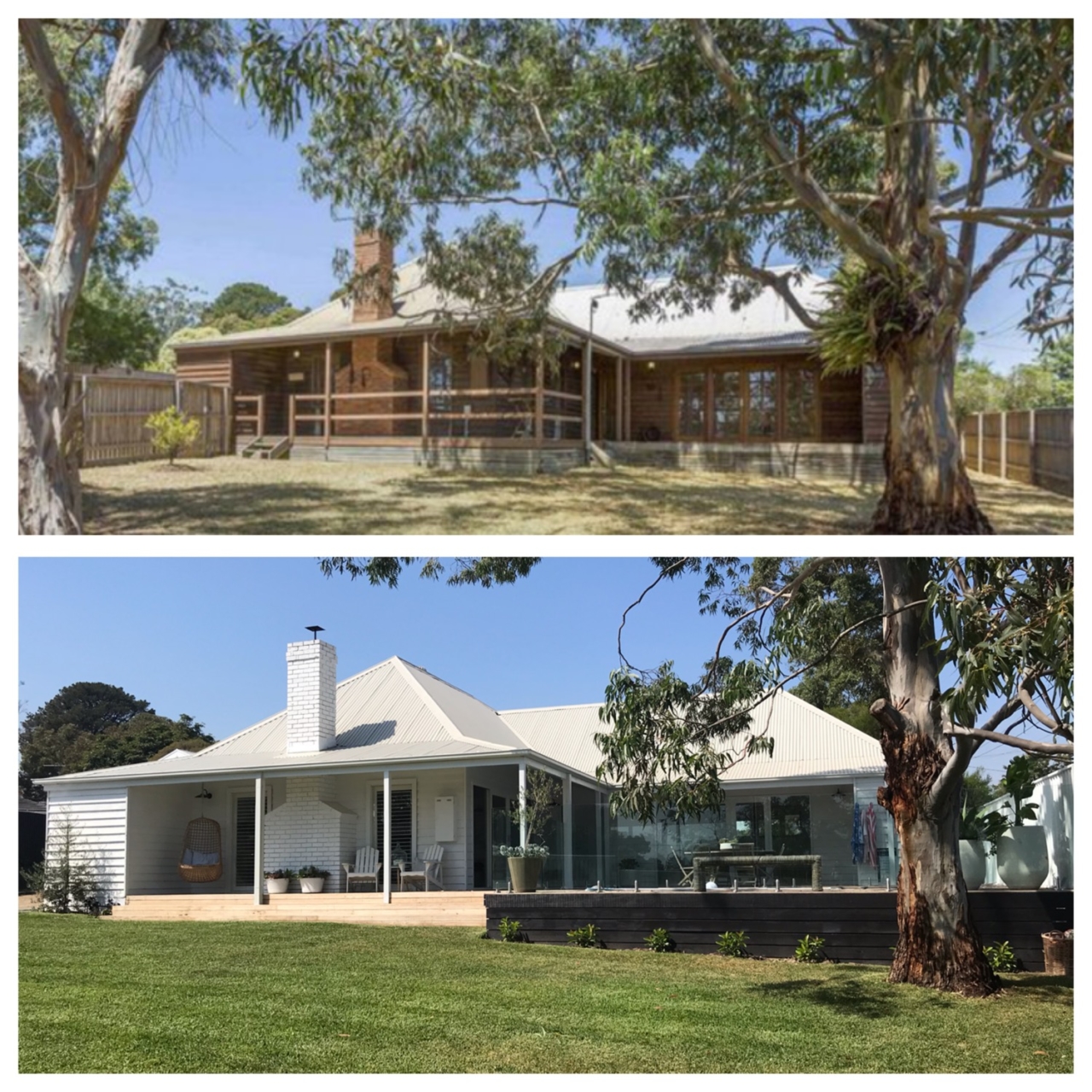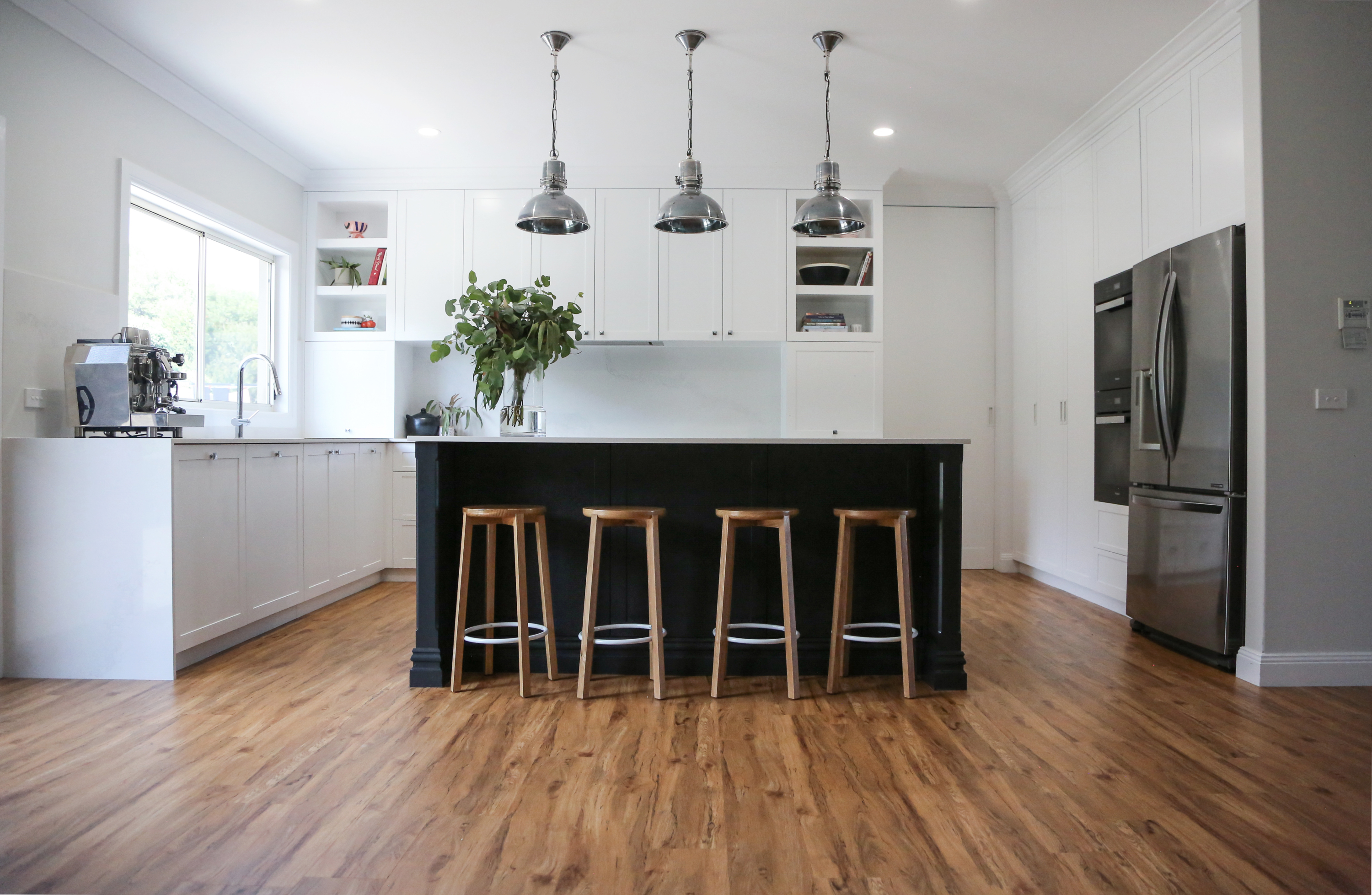By Rebecca Jarrett-Dalton
Many metro-dwellers across the country have flirted with the idea of a sea change or tree change at some stage or another. The dream of escaping the rat race, the grind of the commute, the crushing mortgage and just slowing down sounds wonderful doesn’t it?

I too hear the calling and would love nothing more than to relocate to the coast one day, but I do have some real estate decisions for you to consider before packing up everything you own and setting off.
I know that look: the one where your eyes widen at the value for money your real estate dollars will get you in your new regional community. As appealing as the property prices might be, before you jump in and purchase have you considered renting where you want to call home first?
By renting a property in your new suburb you are allowing for some flexibility if you find the town is just not right for you. I’m not necessarily saying that this means you want to move back to the city, but you might have realised that a suburb a couple of kilometres down the road would have been better for you.
By renting, you are giving yourself the benefit of flexibility until you really find where you want to settle down. It’s also important to consider that the real estate market may be slower in your new region, meaning your property could remain on the market for an extended period of time before it sells should you choose to re-list it.
For Sydneysiders, we have the honour of calling Australia’s most expensive city to live in home. Our property prices are on average, the highest nationwide. For the potential sea changers, it might sound like an absolute winner to sell up while pricing is at a peak and then settle into a new neighbourhood for a fraction of the cost.
Be really honest with yourself though. What if you don’t like where you move to and isn’t as simple as just moving back? With property prices in our capital cities considerably more expensive than our regional counterparts, you don’t want to see yourself priced out of the option to return to the metropolitan life if you want to.
My suggestion is, if possible, try to hold onto a base that you can come back to. There are a couple of ways you could tackle this: if feasible, why don’t you consider renting out the property you currently own? By offering the property out to rent rather than selling it outright, you are ensuring you have a foot in the door should your situation change and you need to return to the big smoke.
If keeping your current property isn’t an option, maybe you can sell what you have and then purchase an investment property still within your current capital city? OK, if you do it this way it’s not your whole foot in the door, but it is still creating a footprint and allowing yourself an exit strategy if you need it. You don’t want to see yourself with very limited options if you change your mind because you can’t afford to buy back into the city real estate market.
I definitely think there are some major advantages to taking on a sea or tree change, but just take the time to consider all your real estate options before you jump in. By making informed decisions and leaving yourself some wriggle room if you can, you’re ensuring that you get the outcome you want, rather than having to compromise because you are tied in or priced out of the alternatives.
–Rebecca Jarrett-Dalton runs mortgage brokers Two Red Shoes.











